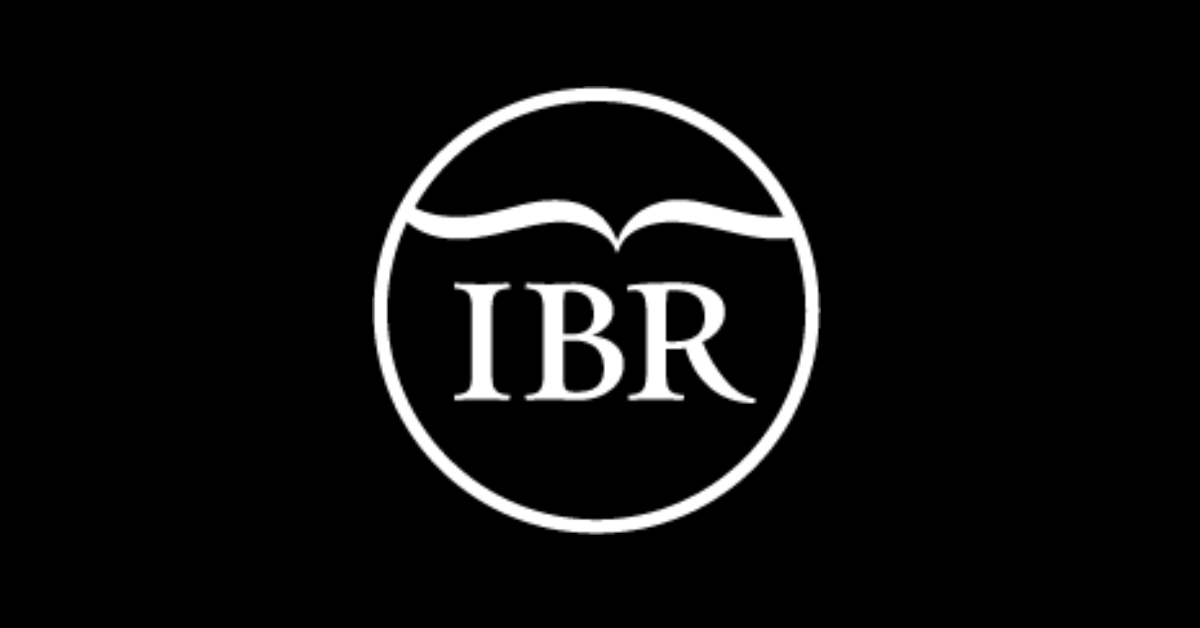Definition of IBR
IBR, also known as the Indian Boiler Regulation, is a set of regulations established to oversee the design, construction, operation, and maintenance of boilers in India. These regulations ensure the safety and efficiency of boiler systems across various industries. IBR aims to prevent accidents and mishaps associated with boiler operation by setting standard requirements and guidelines that need to be adhered to.
The Indian Boiler Regulation plays a crucial role in ensuring that the manufacturing, installation, and usage of boilers in India comply with safety and quality standards. By defining specific criteria for boiler materials, design, construction, and operation, IBR helps in maintaining a high level of safety and reliability in boiler systems throughout the country.
History of IBR in India
India has a long history of adopting and implementing various regulations to ensure the quality and safety of industrial products. The history of Indian Boiler Regulations (IBR) dates back to the mid-19th century when boilers were widely used in factories, mills, and other industries across the country. However, it wasn’t until the late 20th century that a more structured and comprehensive regulatory framework was introduced to standardize the design, construction, installation, and operation of boilers in India.
The introduction of the Indian Boiler Regulations in the late 1950s marked a significant milestone in the industrial sector of the country. These regulations were formulated by the Central Boilers Board (CBB), which is the apex body responsible for overseeing all matters related to boilers in India. The primary objective of IBR was to enhance safety standards, prevent accidents, and ensure the efficient functioning of boilers in various industrial settings. Over the years, the IBR has evolved to keep pace with technological advancements and changing industrial needs, making it a crucial regulatory framework in the Indian industrial landscape.
Regulatory Authorities overseeing IBR in India
In India, various regulatory authorities play a crucial role in overseeing the implementation of Insolvency and Bankruptcy Code (IBC). The primary regulatory body responsible for supervising the insolvency and bankruptcy proceedings is the Insolvency and Bankruptcy Board of India (IBBI). Established in 2016, the IBBI acts as the overall regulator for overseeing the insolvency ecosystem in the country, promoting transparency, efficiency, and accountability in the resolution processes.
Apart from the IBBI, the National Company Law Tribunal (NCLT) and the National Company Law Appellate Tribunal (NCLAT) are also significant regulatory authorities overseeing the insolvency and bankruptcy resolution in India. The NCLT is responsible for handling the insolvency resolution process for corporate entities, while the NCLAT provides an appellate mechanism for parties dissatisfied with the decisions of the NCLT. These regulatory bodies work collectively to ensure the smooth functioning and adherence to the guidelines set forth by the Insolvency and Bankruptcy Code in India.
Key Features of IBR in India
The key features of the Indian Boiler Regulations (IBR) emphasize safety, efficiency, and compliance in the manufacturing, installation, and operation of boilers in the country. These regulations set standards for the design, construction, and maintenance of boilers to ensure the protection of workers, the public, and the environment. IBR also covers the certification of boiler components and materials used in the fabrication of boilers to maintain quality and safety standards.
Additionally, the IBR mandates regular inspections, audits, and certifications by authorized inspecting authorities to verify compliance with the regulations. These inspections help in identifying potential risks, ensuring proper maintenance practices, and promoting a culture of safety within the boiler industry. By upholding these key features, the IBR plays a crucial role in promoting the safe and efficient operation of boilers across various industries in India.
Process of Setting IBR in India
In India, the process of setting the Internal Benchmark Rate (IBR) involves thorough research and analysis by the regulatory authorities. The Reserve Bank of India (RBI) plays a crucial role in determining the IBR by considering various economic indicators and market conditions. The RBI closely monitors factors like inflation, interest rates, and the overall financial stability of the country to set a reliable IBR that reflects the current economic scenario accurately.
Once the RBI decides on the IBR, it is then communicated to all the financial institutions and banks operating in India. These entities are required to adhere to the IBR while offering financial products like loans and deposits to maintain transparency and consistency in the market. The IBR setting process is a meticulous task that requires constant monitoring and adjustment to ensure that the rates remain competitive and in line with the economic situation of the country.















